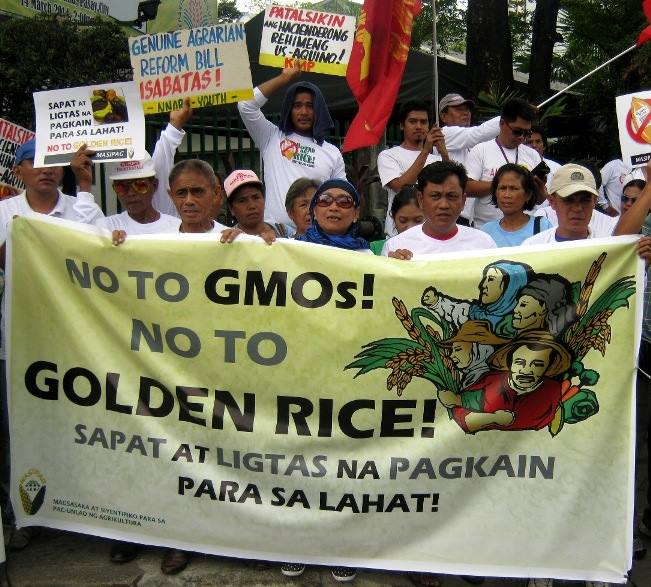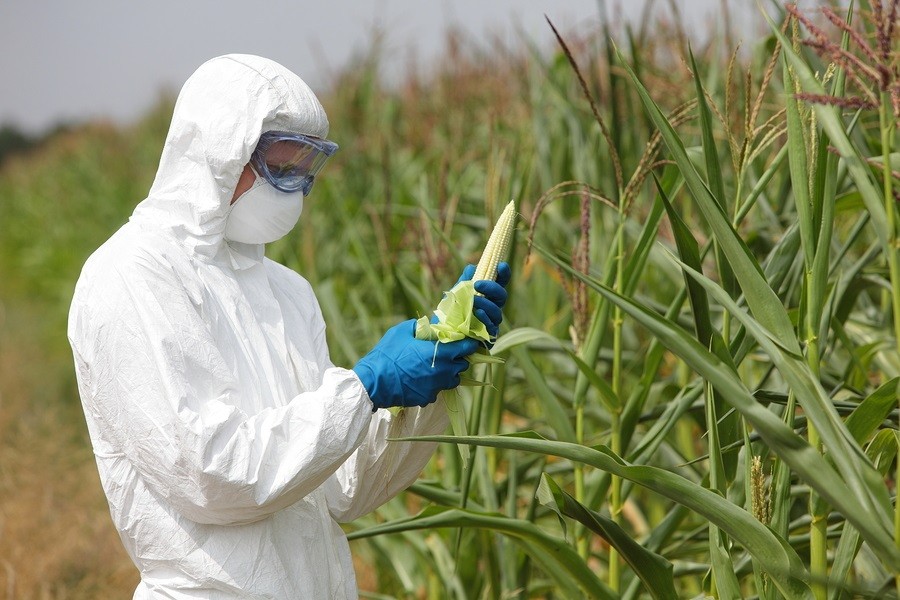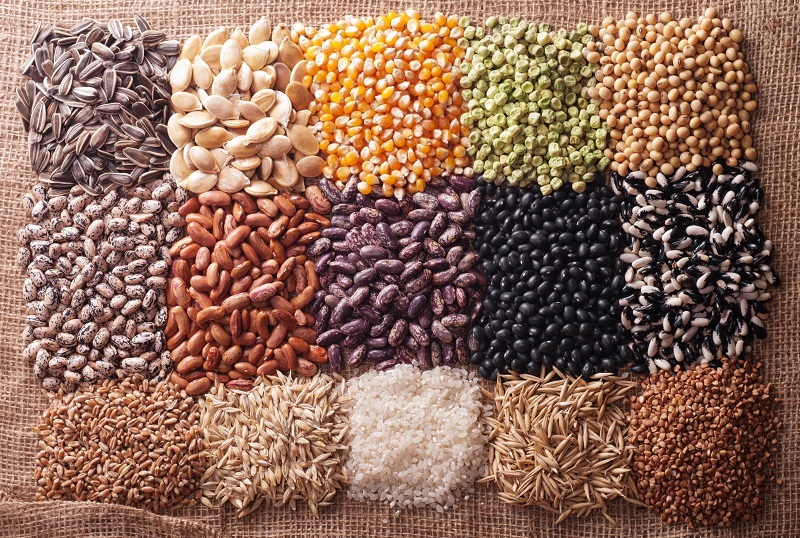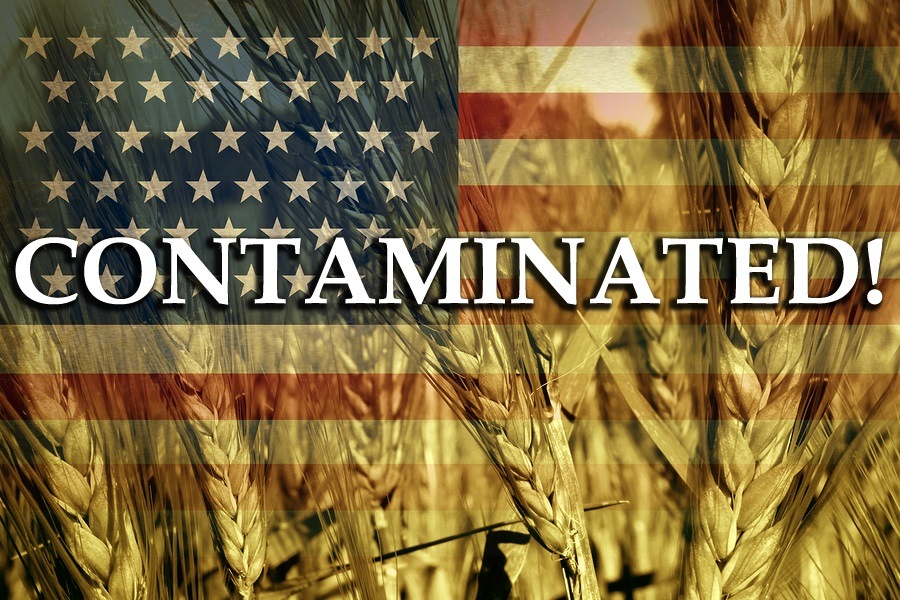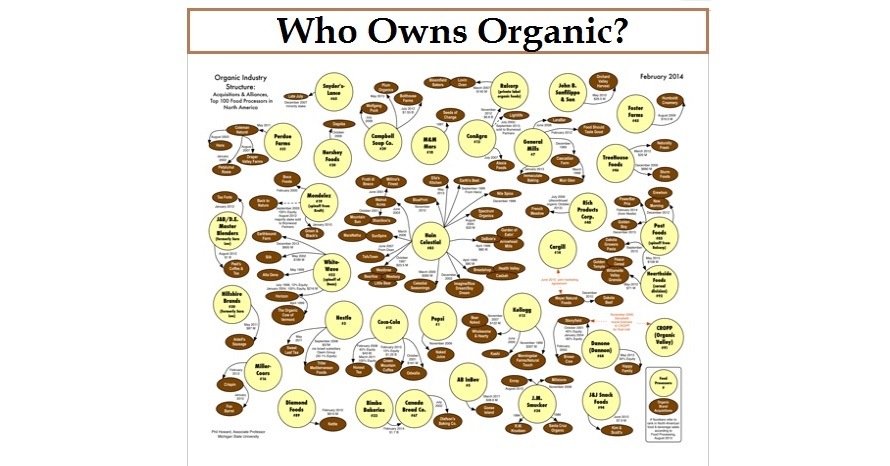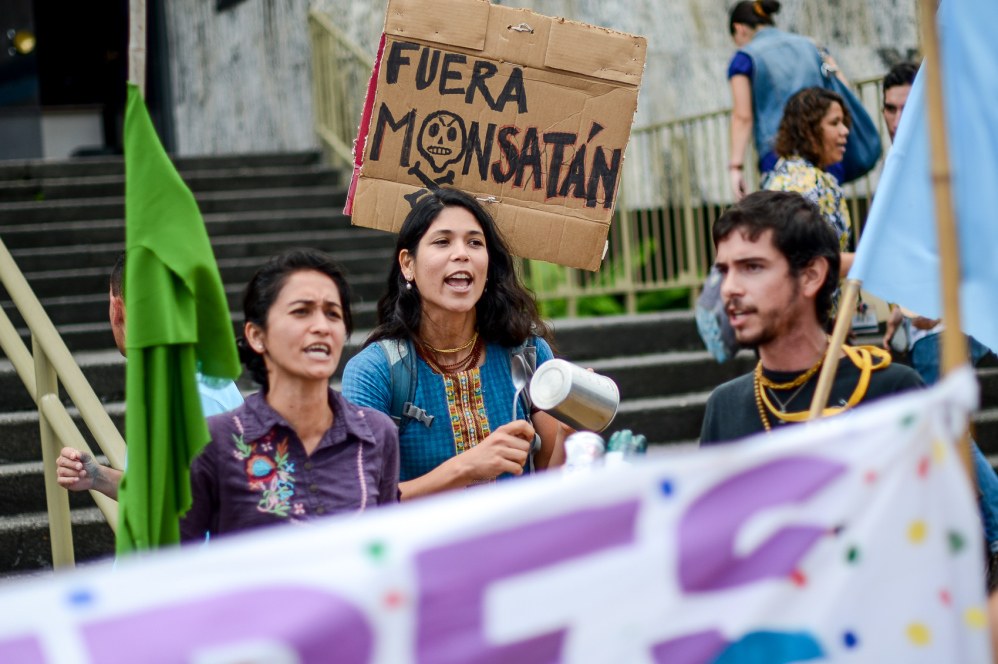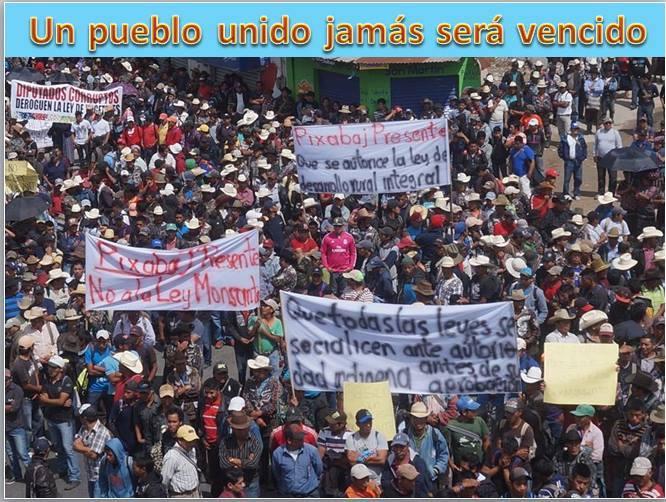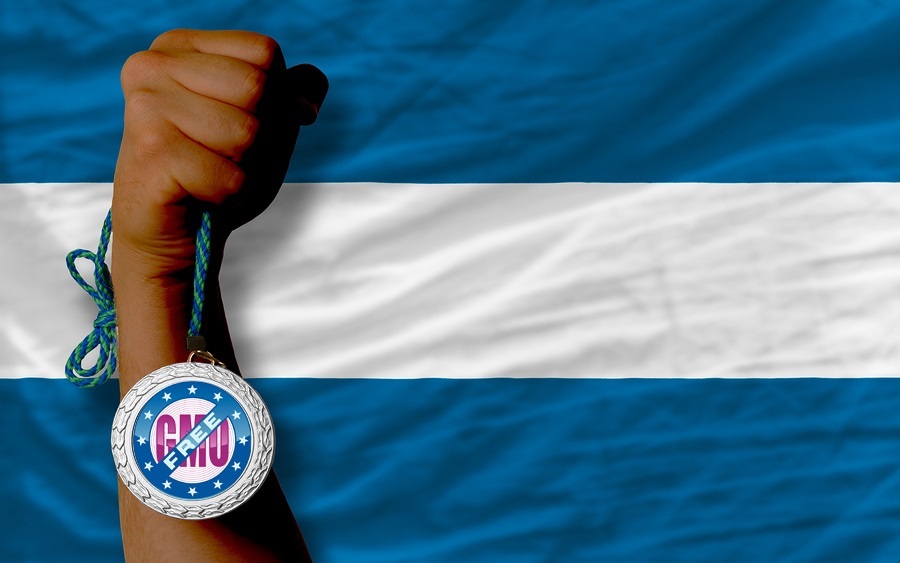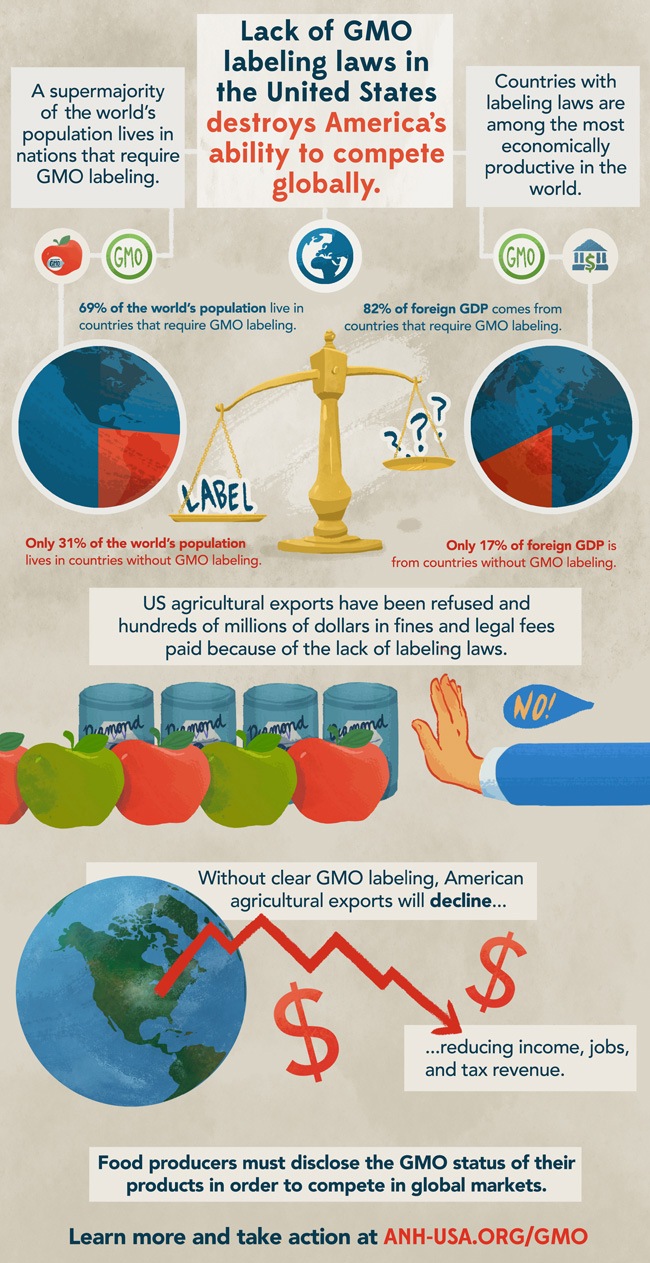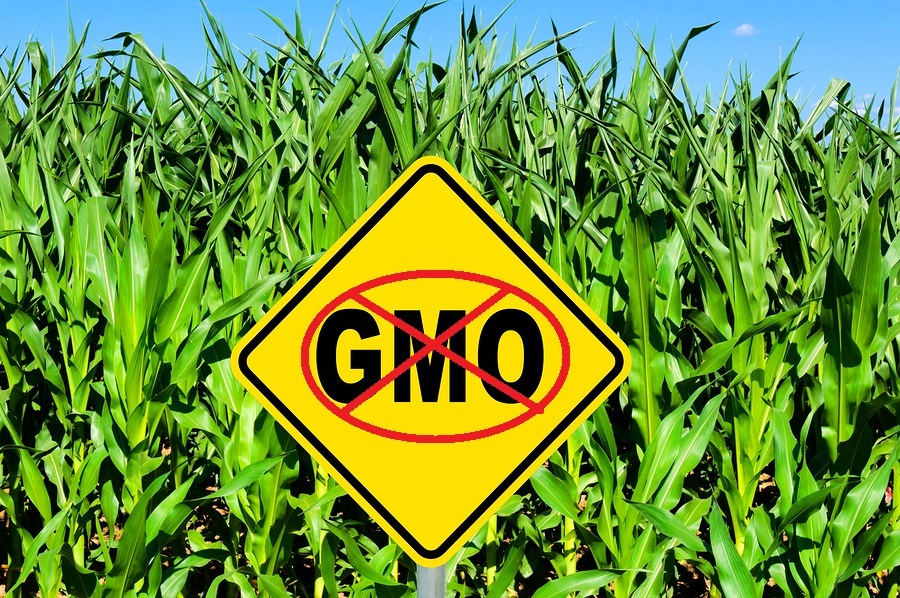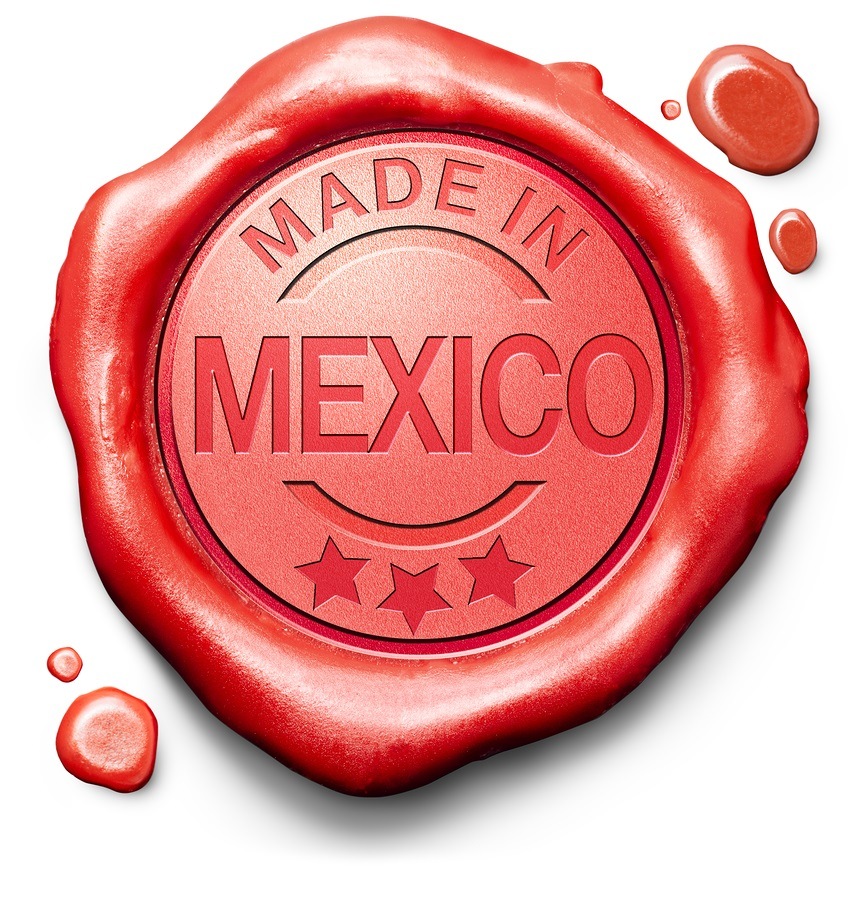Another court in Mexico has ruled against GMO crops. A ban against genetically modified soybeans in the Campeche region of Mexico was upheld last week by the Second District Court. This follows the decision by two other judges in Mexico last year (2013) to keep in place bans on GM corn.
Could "Made in Mexico" become the new quality standard in organic agriculture for the future? Less than 1% of the population in the United States is involved in agriculture today, where it is dominated by biotech firms heading more and more to GMO seeds, supported by the U.S. government. Mexico, by contrast, still has over 13% of its population in agriculture, and much of that is still small-scale traditional farming. This is a smaller amount post NAFTA (North American Free Trade Agreement), which opened the door for cheap subsidized crops from the U.S. to be imported to Mexico, putting many farmers out of work who could not compete with these cheap subsidized commodity crops from the U.S.
If judges in Mexico continue ruling against biotech companies and their GMO products, Mexico could become a major exporter to the U.S. of high-quality non-GMO organic products. Almost all of the corn supply in the U.S., for example, has been contaminated by GM corn (even certified organic corn), while hundreds of heirloom varieties still exist in Mexico.




